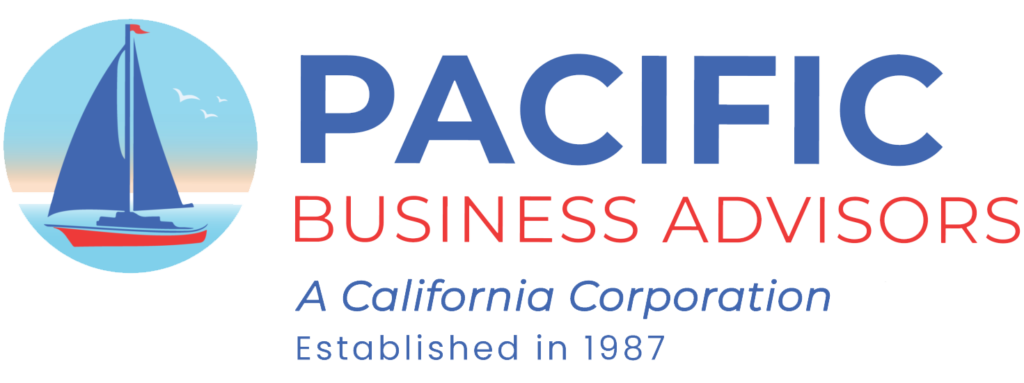

Securities and Securitization
Asset-Based Securities
A security is a fungible, tradable financial instrument used to raise capital in private and public markets. Securities consist of equity such as shares, debt such as bonds and commercial paper, and hybrids such as convertible bonds or preferred stock. Public sales of securities are strictly regulated by the U.S. Securities and Exchange Commission (SEC)
Securitization is the process whereby interests in securities are pooled or packaged, underwritten, and sold in the form of asset-backed securities. These securities commonly include real estate mortgages, installment sales contracts, credit card receivables, student loans, leases, and other cash producing investments.
The benefits of asset-backed securities for buyers include diversification and reduced risk. Most buyers are investment companies, retirement funds, hedge funds, insurance companies, and accredited investors.
A Collateralized Mortgage Obligation (CMO) is a mortgage backed security that contains a pool of mortgage loans bundled together and sold as an investment. CMOs are a type of collateralized debt obligation. The pool of loans may be A-paper loans or a lesser quality, including private money loans.
Regulation D (Reg D) is a Securities and Exchange Commission (SEC) regulation governing private placement exemptions. The regulation permits small companies to raise capital without the need to register the securities with the SEC. However, other regulatory requirements still apply.
SEC Rule 144 provides an exemption and permits the public resale of restricted securities if a number of conditions are met, including how long the securities are held, the way in which they are sold , and the amount that can be sold at anyone time.
Unregistered Securities - Stock
PacificBusinessAdvisors.net
Office: 818-991-5200
Direct: 818-991-9019